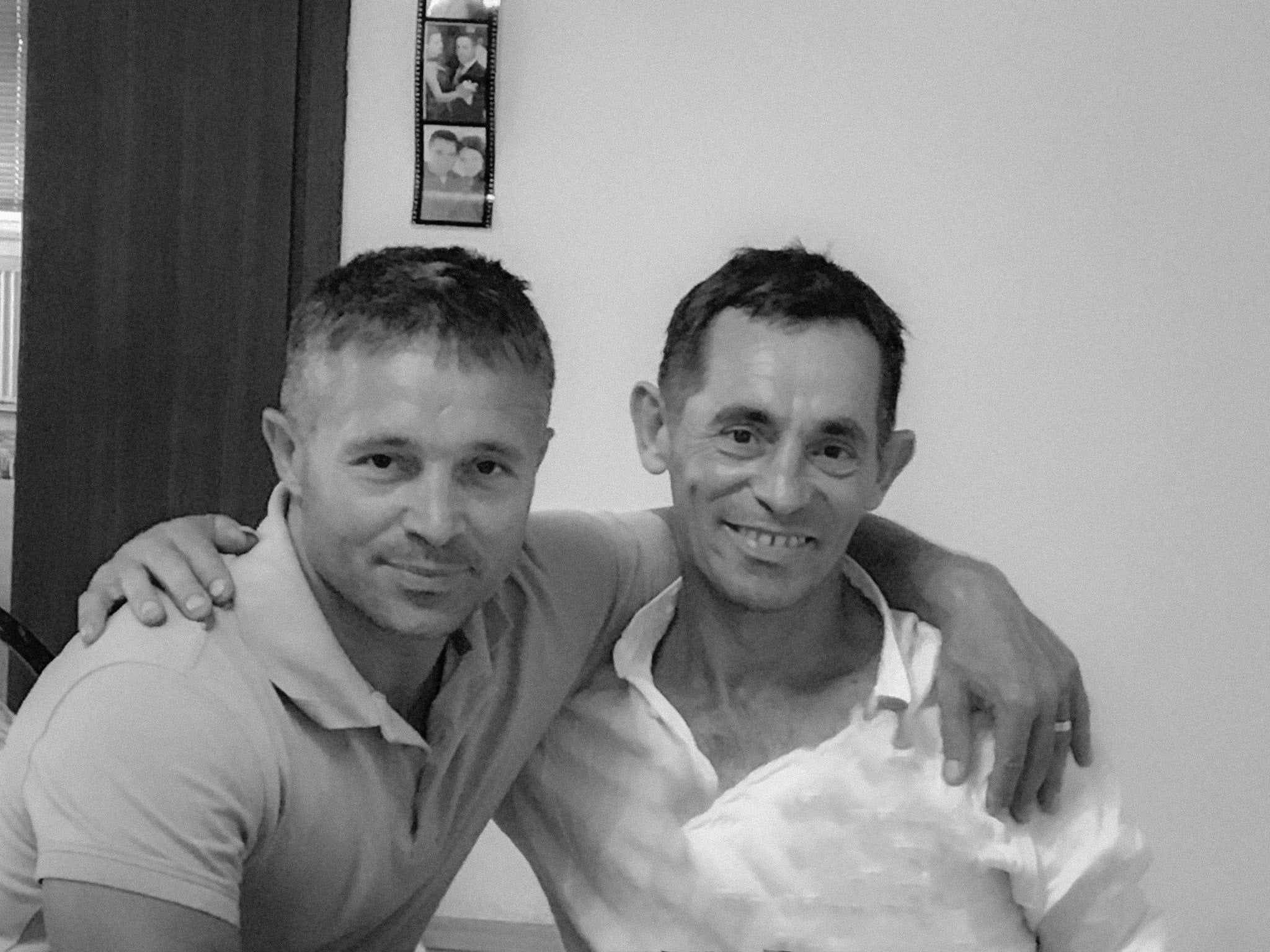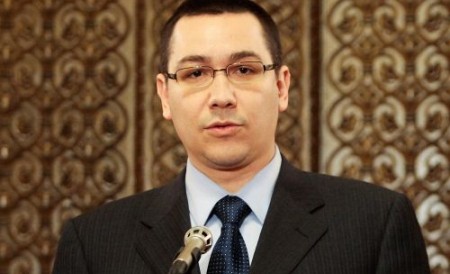French Ambassador in Bucharest Michele Ramis on Thursday said Romania having a woman Prime Minister sends a very strong signal and will make female politicians become "even more ambitious."
She participated in the round table "Equality between women and men: Challenges in 2018. Gender representations - testimonies of the Ambassadors," hosted by the Law Faculty in the Romanian Capital City, alongside the Ladies Ambassador of Lebanon, the Netherlands and Tunisia and the Canadian Ambassador in Bucharest.
When asked about the degree of representation of women in politics, Ramis appreciated the fact that the Romanian Government is led by a woman.
"In Parliament, I believe there is still room for progress. (...) But I also believe that having a woman Prime Minister sends a very strong signal, for I believe that all women in politics will become even more ambitious and that they will overcome all their reticence. I believe that Romania having a woman politician filling this position sends a very strong signal and I am sure that this makes the young say "look, this is possible," she pointed out.
In her turn, the Lebanese Ambassador to Bucharest, Rana Mokaddem, talked about the challenges of being an Ambassador in her country and told how her career meant a fight against stereotypes.
She also remembered the moment when women became subject to the election process in Lebanon. "The woman politician was either the sister, the wife or the widow of a public person," she said. Moreover, Rana Mokaddem said that her father, a judge, also had reservations concerning her ambition to activate in politics." In a society where seeing a woman doing politics is not something you are used to see, her frankness can be disturbing," she told.
However, the Lebanese diplomat, Rana Mokaddem, said that she doesn't think she had a difficult career.
"What is important is persistence. This must become clear. Yes, you will be criticized at some point, but if you do not know how to let this pass, no one will clarify things in your stead," she pointed out.
She also added that it's the woman's duty to overcome stereotypes.
"I never had a protector. I have evolved by myself and confronted the challenges. (..) When I entered diplomacy, there weren't very many female ambassadors. There were maybe three or four, and some of them had been in mission only to Paris. At present, there is no longer a issue whether women are wanted or not in diplomacy. They are there and they want an office of Ambassador and in the end it's up to you whether you choose to fuel the stereotypes saying you are a doll, a spoiled brat," she said and underscored that "the women's duty is to prove they are different."
In his turn, Tunisian Ambassador in Bucharest, Boutheina Labidi, recounted how, in the 1980s, alongside other of her colleagues, she sent a letter to the President of the Republic, in a time when the evolution of women in diplomacy was very slow.
"I entered diplomacy in 1982. I had to wait for seven years to receive a mission abroad, the same as my colleagues. We decided in 1986 to write a letter to the President of the Republic," she remembered.
In short, she said that there were reservations back at the time when it came to entrusting a woman with a mission abroad, which were related to the idea of leaving "a woman alone in Europe, with all those dangers."
"They didn't say this directly and never in written, but you could have read this between the lines," pointed out Boutheina Labidi.
The moment when several women were eventually sent to consular offices and embassies of Tunisia abroad, they only had to options: to fail or to succeed. "And for us it was important to succeed, to prove that we have the same qualities that our men colleagues had," the diplomat confessed.
Bouttheina Labidi also said that, in her country, which after the protests in 2013 ensures equality of gender by the means of the Constitution, only 5 per cent of the decision makers are women.
In her turn, Mrs. Ambassador of the Netherlands in Bucharest, Stella Ronne-Grubacic, spoke about the choices that women must do in their careers. "It is important to become aware of the fact that for women, more than for men, the career doesn't always represent a continuous line, for sometimes there could be small derails, which result from our personal choices and priorities at some point in our lives," she pointed out.
This, she stressed, "shouldn't lead to the conclusion that women are less ambitious or they don't dare to undertake risks."
In his turn, the Canadian Ambassador in Bucharest, Kevin Hamiltona, spoke about his country's commitment to policies ensuring gender equality. Although, he said, in Canada too women are less represented in politics and management positions.
AGERPRES .




































Comentează